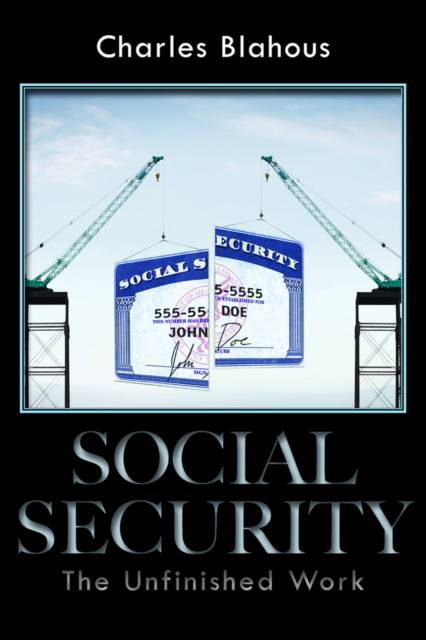
- Retrait gratuit dans votre magasin Club
- 7.000.000 titres dans notre catalogue
- Payer en toute sécurité
- Toujours un magasin près de chez vous
- Retrait gratuit dans votre magasin Club
- 7.000.0000 titres dans notre catalogue
- Payer en toute sécurité
- Toujours un magasin près de chez vous
Description
Arguing that an equitable Social Security solution will be unattainable unless we bring stakeholders together around a common understanding of the facts and of the need to take action to address them, former White House adviser Charles Blahous presents some often misunderstood, basic factual background about Social Security. He discusses how it affects program participants and explains the true demographic, economic, and political factors that threaten its future efficacy.
Spécifications
Parties prenantes
- Auteur(s) :
- Editeur:
Contenu
- Nombre de pages :
- 436
- Langue:
- Anglais
Caractéristiques
- EAN:
- 9780817911942
- Date de parution :
- 01-11-10
- Format:
- Livre relié
- Format numérique:
- Genaaid
- Dimensions :
- 155 mm x 229 mm
- Poids :
- 861 g

Les avis
Nous publions uniquement les avis qui respectent les conditions requises. Consultez nos conditions pour les avis.






